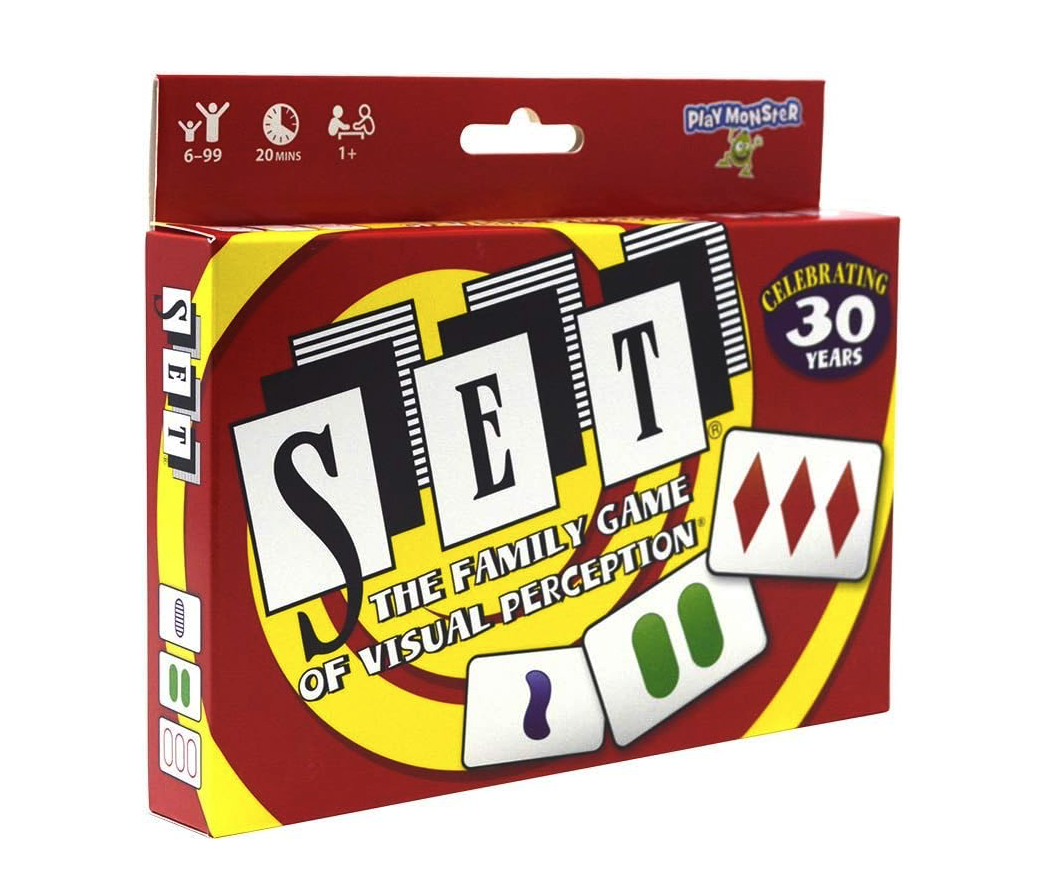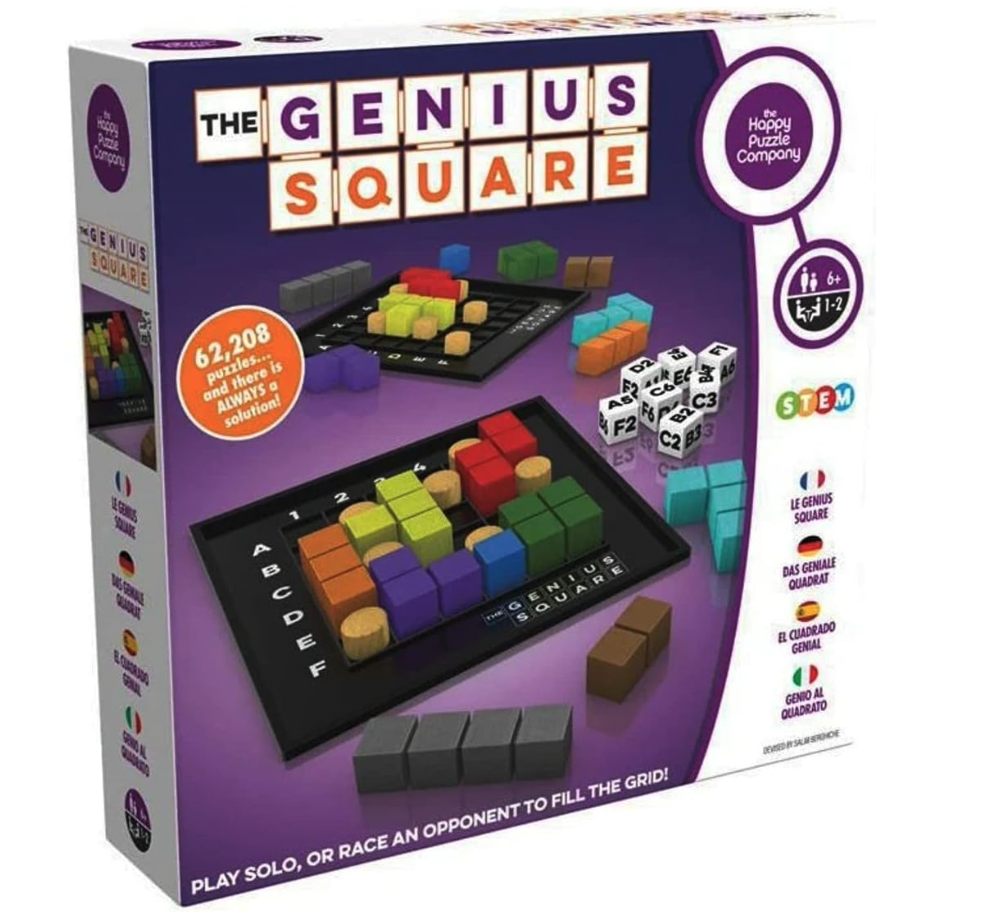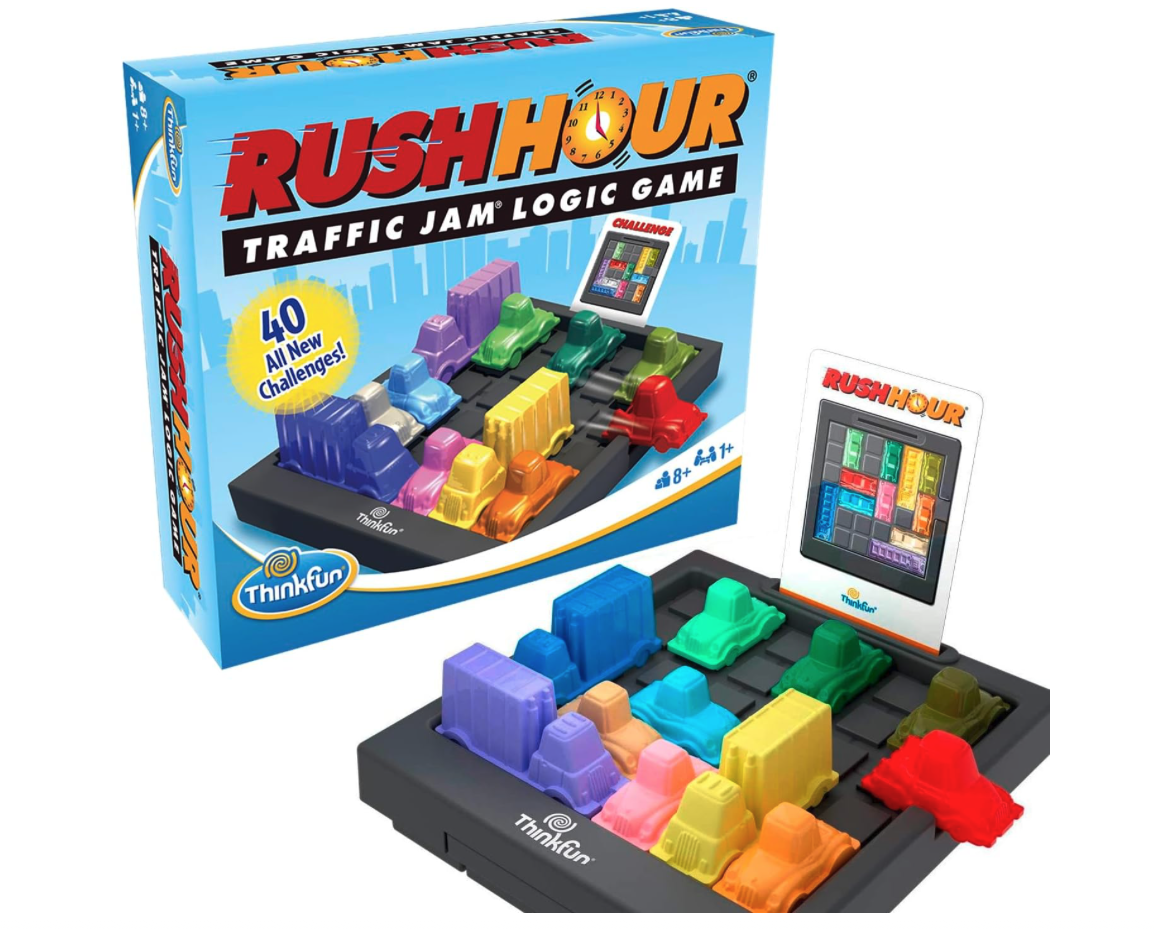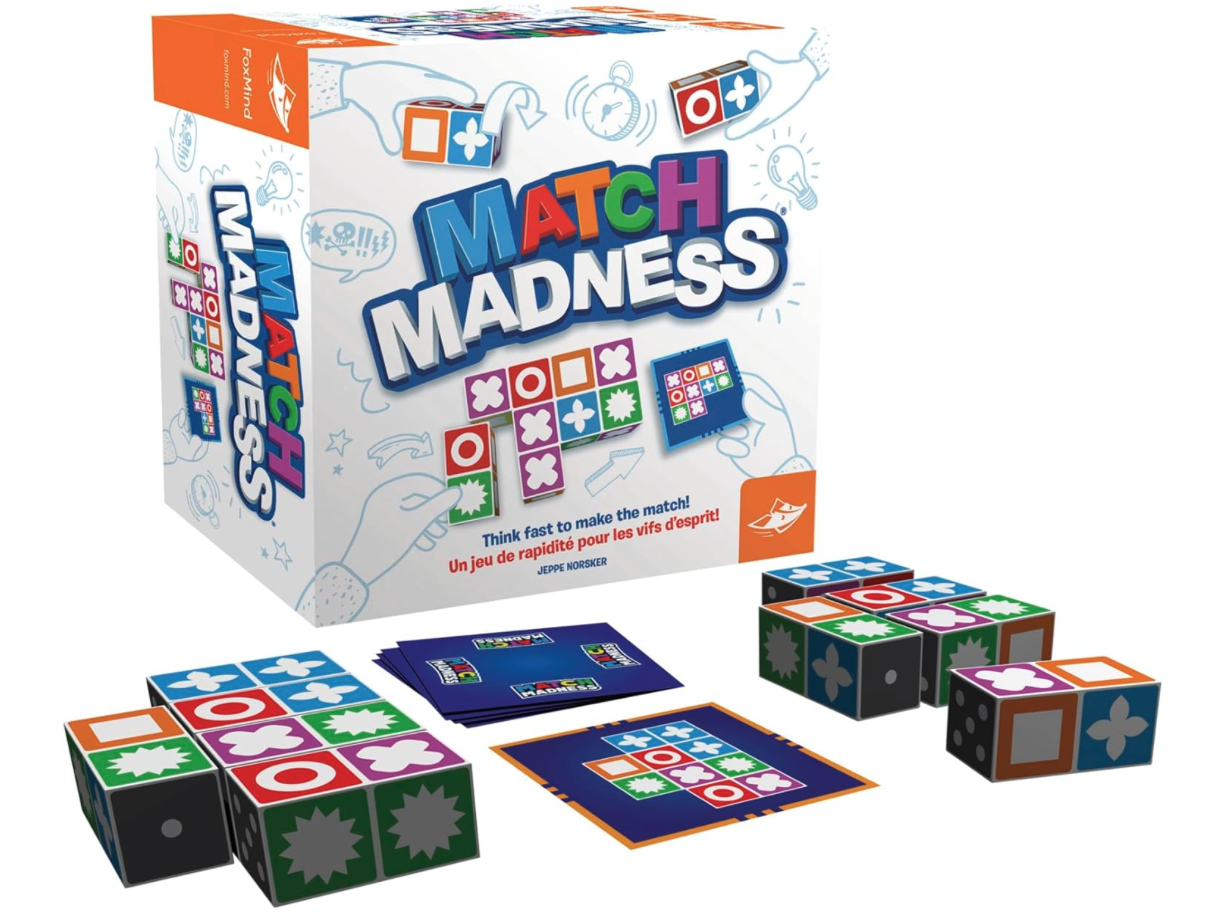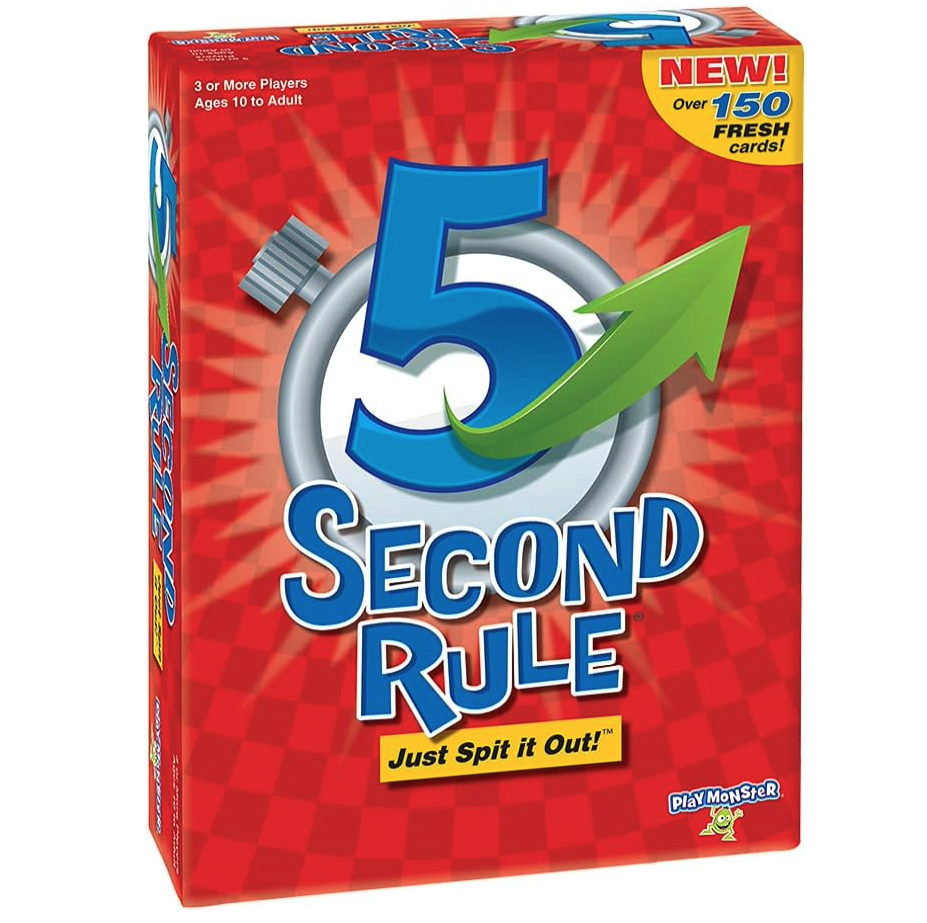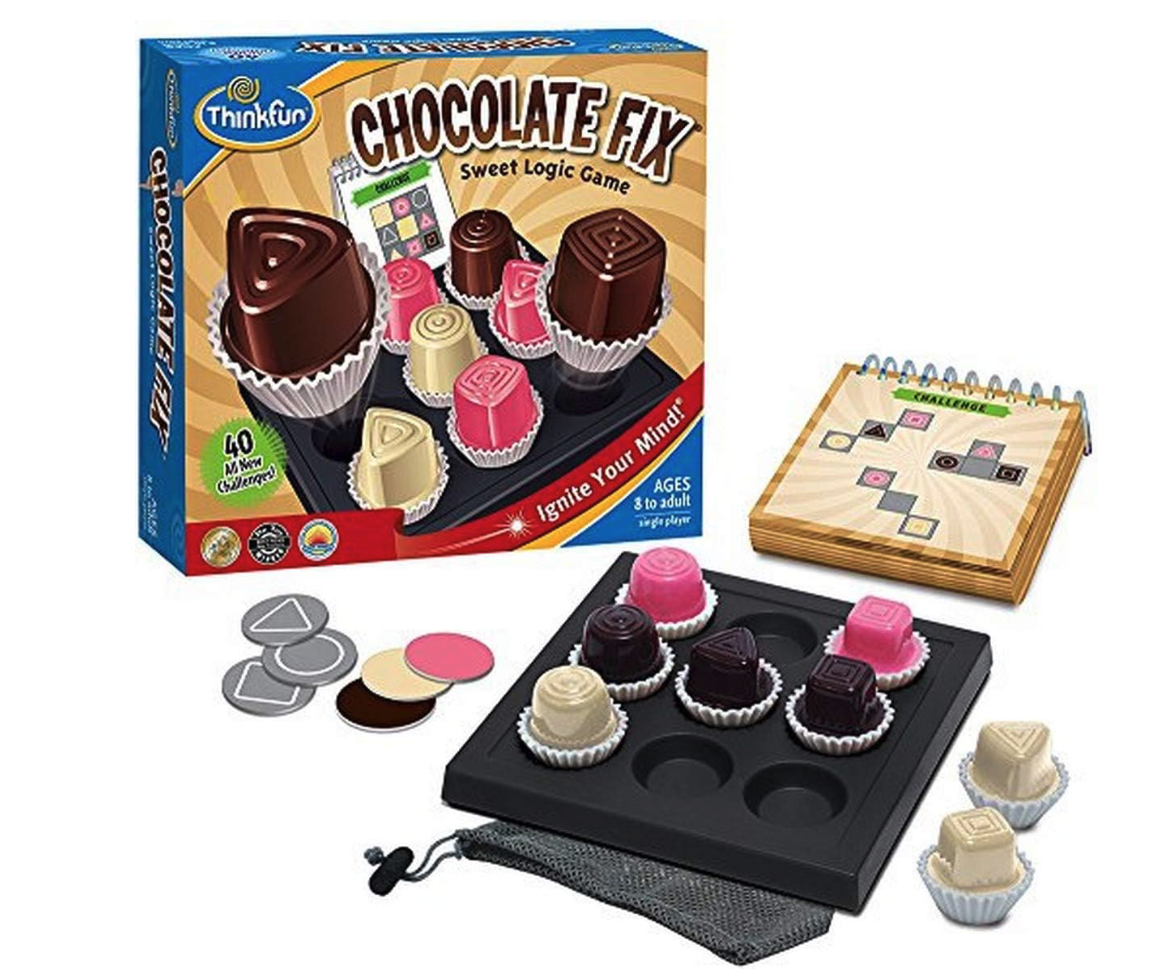(This post includes affiliate links. You will never incur a charge for this. You may read more about this here.)
Everyone loves a great game—but games are also valuable for supporting executive function skills of all ages. Starting in Pre-K and the early elementary years, board games (like Chutes and Ladders and Candy Land) and card games (like Go Fish! and Memory) help practice important skills such as turn-taking, attention, fluid reasoning, and self-regulation—particularly when “things aren’t going their way.”
But as students get older, introducing games with more complex rules that require higher level thinking skills can support the same executive function skills needed for academic achievement.
How?
When we work on specific skills in ways that students perceive to be non-academic, we can generalize them—apply them to academic tasks and work towards success in other domains.
Let me tell you about a student who really struggled with writing assignments but LOVED Rush Hour (featured below). Rush Hour was HARD for him and only got harder when he attempted to solve a puzzle at a level higher than the last. But he persevered. He learned to figure out which cars were the distractions in the game, how to move them out of the way, and to zoom out to see “the big picture” and keep focused on achieving the end goal. We began to treat his writing assignments like this game. We’d discuss: Which level is this writing assignment? Intermediate, advanced…? What is our strategy going to look like? What information do we need? Which distractions are in the way? It was also a great vehicle (no pun intended!) for practicing working through trial, error, and frustration while persevering towards success.
Let’s take a look at my top six favorite games for upper elementary and middle school students. (Click on any image to purchase or learn more.) Rush Hour and Chocolate Fix are the only two games here that cannot be played with multiple players unless you have multiple board sets.
SET
This card game supports fluid reasoning, visual perception, attention, and perseverance. Players compete to find as many sets as they can with features that are all the same or all different. It’s trickier than it first appears! When I first introduce this game, I like to provide scaffolding by putting out only a few cards to begin with, and then building up to more cards when students are more confident and comfortable.
GENIUS SQUARE
If you’ve ever played Kanoodle or Battleship, this is mix of the two. It promotes problem solving, visual perception, spatial awareness, and fluid reasoning.
RUSH HOUR
This much beloved game can make kids forget they are learning valuable skills! (This is the game I spoke about above.) While trying to make way for the red vehicle to get free from the gridlock, they are working on task initiation, problem solving, fluid reasoning, and recognizing and eliminating distractions. This game also comes in a Junior version for younger kids.
MATCH MADNESSS
This fun logic game encourages players to match their blocks with the picture. Seems simple, right? But in this game, what seems simple is more than meets the eye as players try to determine if the images they see are on one 3D block or composed of two adjacent blocks put together. This game can cause frustration if students get to what they THINK is close to the end and then realize they need to reconfigure the blocks. This game practices perseverance, visual perception, and rapid problem solving.
5 SECOND RULE
This fast paced game supports attention and quick recall. This Junior edition is ideal for elementary and middle school, but there is a non-Junior edition for adults.
CHOCOLATE FIX
In this challenging game, students work in a chocolate shop and have a very specific customer for whom they are preparing their chocolate boxes. As the levels of difficulty increase, fewer and less specific clues are provided. This is a game of task initiation, perseverance, and problem solving.
Have you used games to boost students’ executive function skills? Which are your favorite?
STAY CONNECTED: Join the MW LITERACY® Instagram Community.

